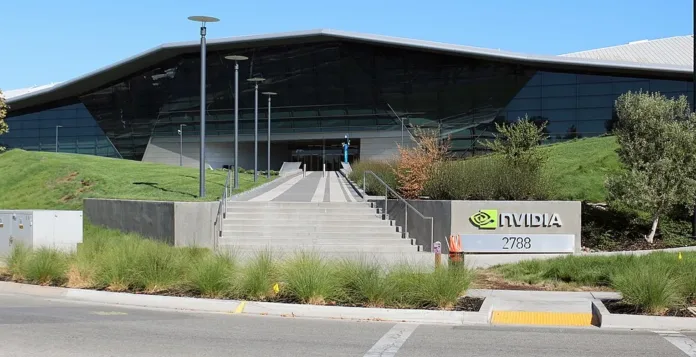NVIDIA and the UK unleash £11bn AI factories, fuelling jobs, growth and fears of tech dominance
The United Kingdom has thrown its weight behind NVIDIA in a move billed as the largest artificial intelligence infrastructure rollout in the nation’s history. The deal, worth up to £11 billion, will see the country tied directly to NVIDIA’s GPU-powered “AI factories,” setting the stage for a new industrial revolution while raising concerns about sovereignty, control and economic dependence.
The announcement comes just three months after Prime Minister Keir Starmer stood alongside NVIDIA chief executive Jensen Huang at London Tech Week to outline a vision for Britain’s AI future. That vision is now crystallising into bricks, circuits and code. By the end of 2026, up to 120,000 NVIDIA Blackwell GPUs will be deployed across British data centres, powering projects such as OpenAI’s “Stargate U.K.” and national research priorities in medicine, health and climate science.
NVIDIA’s partnership with U.K.-based Nscale is at the heart of the initiative. Together, they are installing 60,000 GPUs in Britain and scaling to 300,000 worldwide, making the UK a central node in NVIDIA’s global expansion. Nscale’s CEO Josh Payne described the infrastructure as “critical for the next industrial revolution,” while Huang declared that the UK was entering the “big bang of intelligence.”
The rollout is not confined to NVIDIA and Nscale. Microsoft has pledged to build Britain’s most powerful supercomputer in Loughton, armed with more than 24,000 NVIDIA Grace Blackwell Ultra GPUs to serve Azure customers. CoreWeave is opening an advanced Scottish data centre powered by renewable energy. BlackRock, the world’s largest asset manager, is committing £500 million to modernise British data centres so they are “NVIDIA-ready.”
This represents a wholesale remaking of Britain’s technological backbone—on terms written by NVIDIA and its partners. For the UK government, it is a strategic play. Starmer called it a “decisive step towards becoming a world leader in AI,” promising jobs, investment and “transformed public services” as part of his broader Plan for Change. Yet the move cements Britain’s reliance on foreign firms to deliver sovereign AI goals, including the defence of critical data and infrastructure.
Embed from Getty ImagesThe partnership extends beyond sheer compute. NVIDIA is investing in quantum computing tie-ups with Oxford Quantum Circuits, SEEQC, and Imperial College London, integrating GPUs into error-correction systems and hybrid quantum–AI networks. The University of Edinburgh is working on GPU-powered quantum error correction software, while the University of Oxford is deploying AI to control quantum hardware.
Meanwhile, NVIDIA and trade body techUK are attempting to shape the future workforce. Through training provider QA, British developers will gain access to NVIDIA’s Deep Learning Institute courses and DGX Cloud computing. This initiative builds on skills programmes announced in June, designed to retool industries for the AI era.
The UK’s research institutions are already testing the potential. Isambard-AI, the Bristol-based supercomputer powered by NVIDIA Grace Hopper chips, is training foundation models for medicine, pollution monitoring and healthcare. Life sciences startups, including Basecamp Research and Oxford Nanopore, are using NVIDIA systems for accelerated drug discovery. Generative AI firms such as Synthesia, ElevenLabs and PolyAI are also plugged into the ecosystem, building the next generation of commercial tools.
For NVIDIA, this is a triumph. Britain becomes a proving ground for its AI dominance, showcasing GPUs not only as technical components but as levers of geopolitical and economic strategy. For Britain, it is both an opportunity and a gamble. The promise of jobs, growth and cutting-edge research is weighed against the risk of becoming tethered to a single company’s hardware and cloud dominance.
As Huang put it: “The United Kingdom is building the infrastructure for the AI industrial revolution.” Whether that revolution fuels broad prosperity or deepens corporate dependency remains to be seen.
